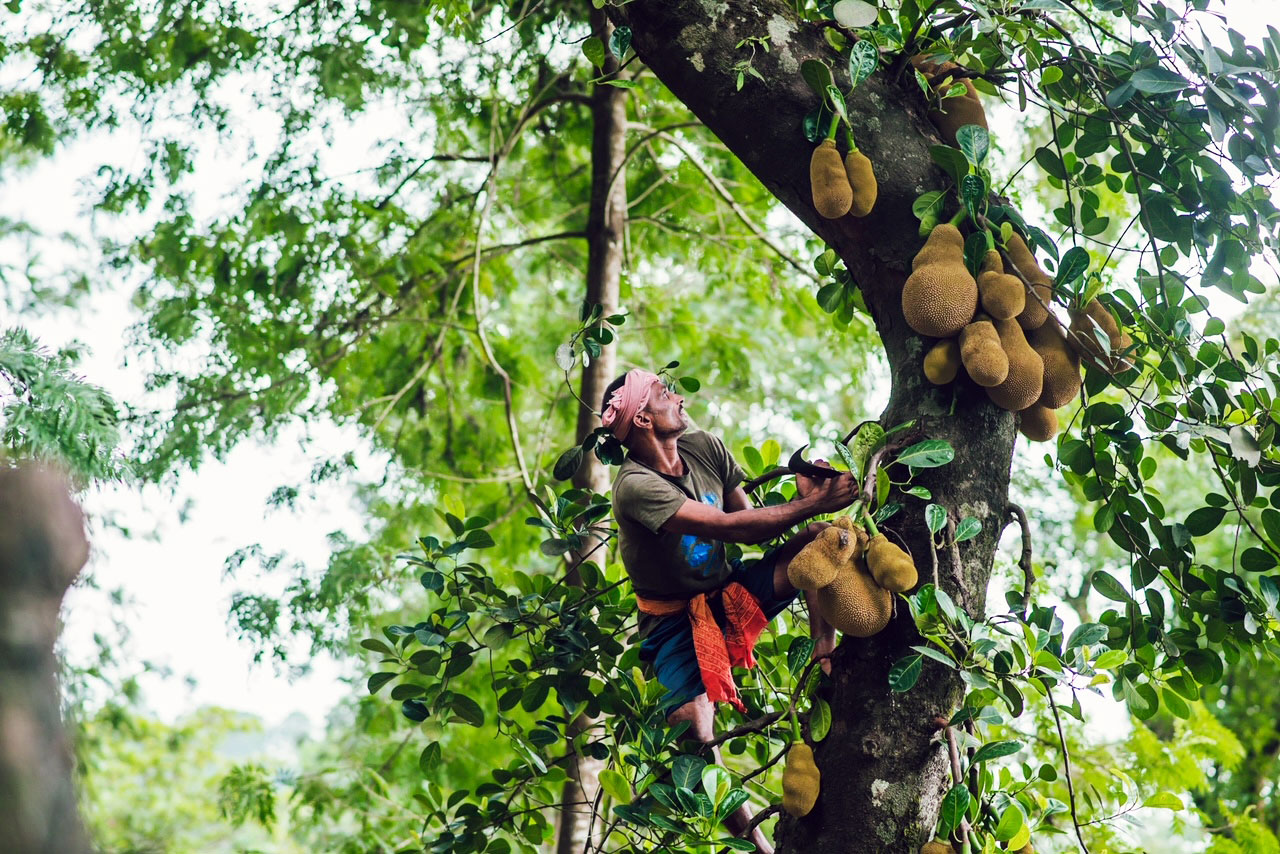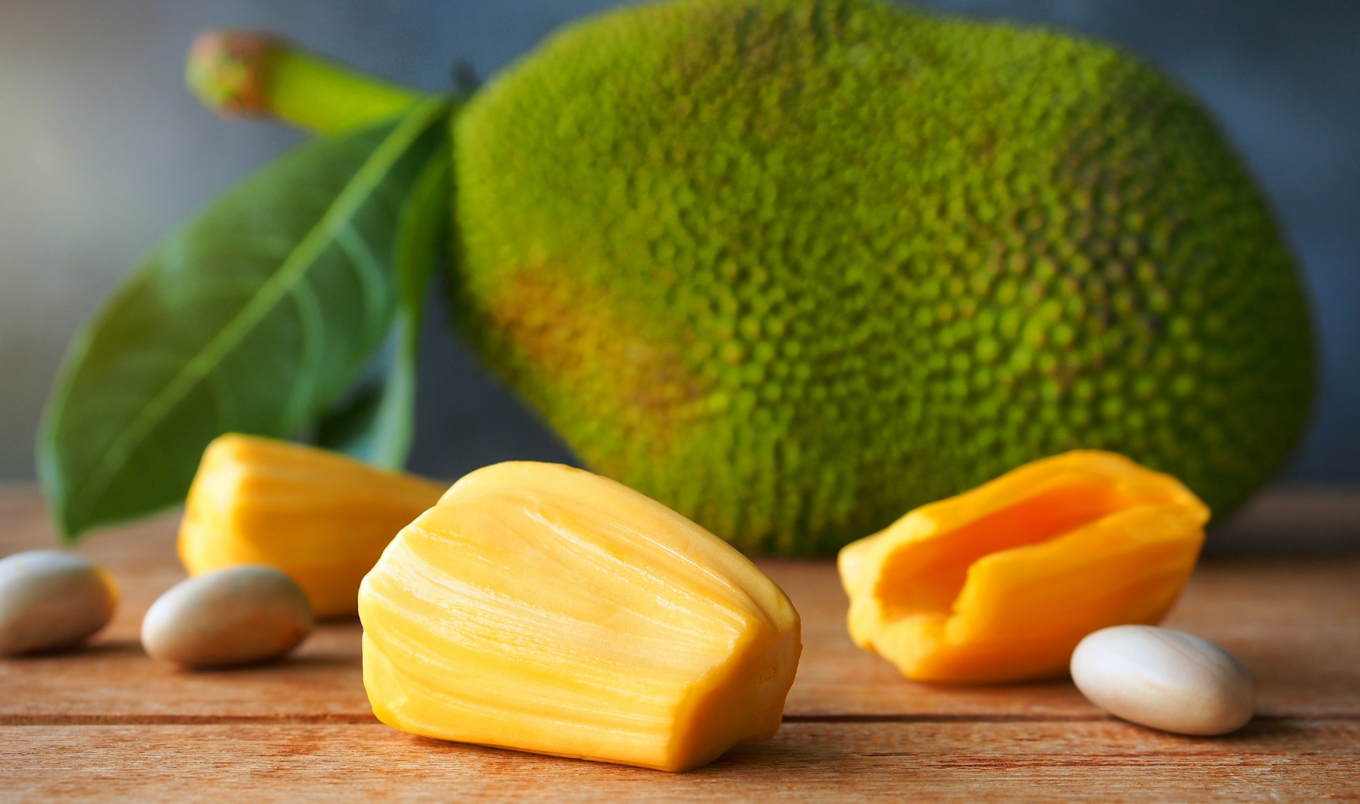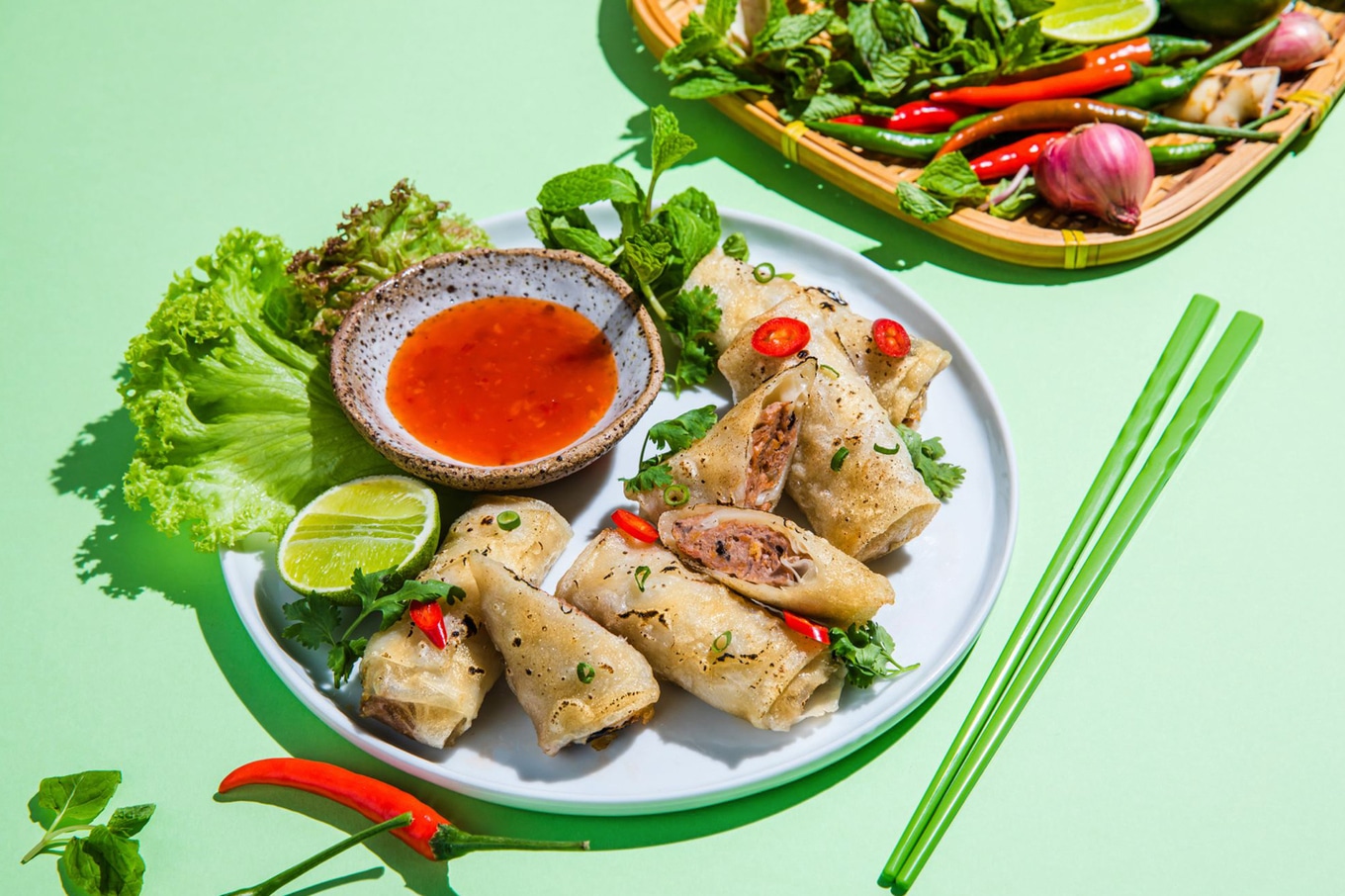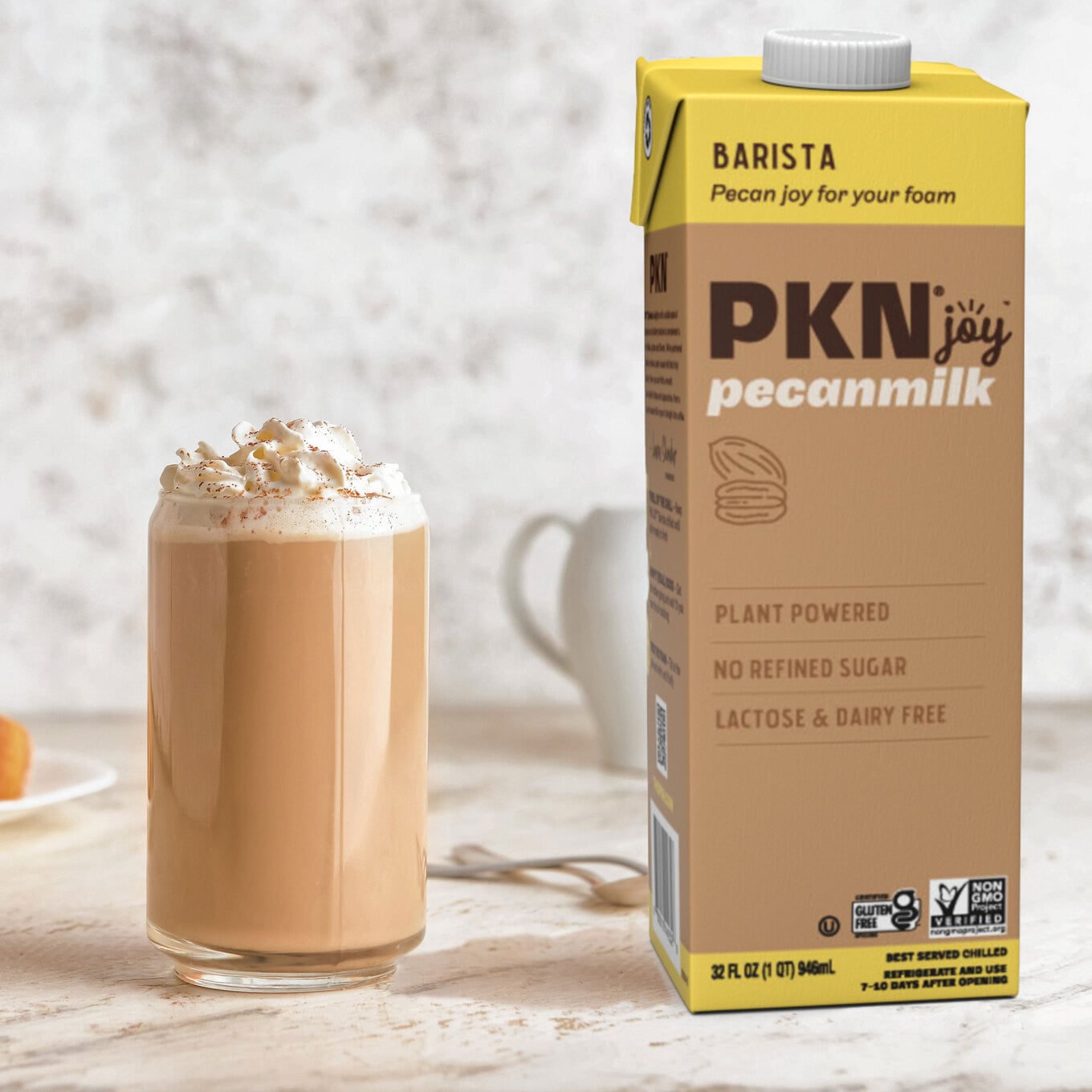We’re been stuffing our tacos with slow-simmered jackfruit as a pork alternative for years, but these days, it looks like more and more consumers are starting to realize the magic of this meaty fruit.
Revered for centuries in Asian countries, the humble jackfruit is now well-positioned to be the next global sensation in meat substitutes, thanks to the work of several forward-thinking companies.
Pioneering player The Jackfruit Company recognized the potential of jackfruit early on. Founded by Annie Ryu, a Harvard graduate, the company emerged from her mission to transform agriculture and food systems in emerging markets.
With a range of products from ready-to-eat meals to jackfruit chunks designed as meat substitutes, the company has placed jackfruit firmly in the spotlight.
The Jackfruit Company
By sourcing sustainably harvested jackfruit from India, The Jackfruit Company not only delivers healthy, versatile products to consumers but also creates a social impact by providing income to local farming communities.
“We had to build a previously non-existent—now world-leading—farm-to-market supply chain for a massively underutilized miracle crop, jackfruit,” Ryu tells VegNews. “Today we have a fully owned subsidiary in India, where jackfruit is native and most abundant, and partner directly with thousands of small farmers, contributing 10 to 40 percent of their annual income.”
“We were first to market, and no one had ever seen or heard of jackfruit—so we took a whole fruit with us to every one of our sales calls, to prove it was a real crop we hadn’t made up, grown by real farmers.”
 The Jackfruit Company
The Jackfruit Company
As of 2022, The Jackfruit Company worked with 1,783 farmers who collectively had 516,677 trees which sequestered 28,000 metric tons of carbon dioxide. By next year, these farmers will manage an additional 61,000 trees.
Table of Contents
Popularizing jackfruit as a meat alternative
Ryu stumbled upon the untapped potential of this tropical fruit during a visit to India. Now her company, along with its subsidiary Jack & Annie’s, is pioneering the use of jackfruit to create a range of tantalizing plant-based foods such as vegan chicken wings, meatballs, pulled pork, and crispy chicken patties.
 Smashburger
Smashburger
A recent partnership with fast-casual restaurant chain Smashburger boosted the visibility of the company’s jackfruit products. For a limited time, Smashburger locations in New York, New Jersey, and Colorado offered a Classic Smash Burger made with Jack & Annie’s jackfruit patty. The launch marked the first time a fast-casual restaurant has incorporated jackfruit-based products into its menu.
“Partnering with Smashburger is an outstanding match because of our shared priority on quality ingredients and amazing taste,” Ryu says.
“Competing against every plant-based burger out there, Jack & Annie’s won on taste and quality, and our primary ingredient grows on regenerative trees that strongly support the livelihoods of thousands of farming families,” Ryu says.
Currently, Ryu is focused on dramatically increasing the presence of jackfruit meats at foodservice establishments like Smashburger to give consumers a more sustainable option for their favorite foods.
 The Jackfruit Company
The Jackfruit Company
The commercial potential of jackfruit is underpinned by its environmental credentials. Growing jackfruit requires no irrigation, pesticides, or fertilizers, and the trees contribute to a regenerative ecosystem. This makes jackfruit a more sustainable option than many other popular meat substitute crops.
Ryu is also exploring various ways to make jackfruit a more enticing option than meat, including with a line of vegetarian breakfast sandwiches (which were originally meant to be vegan) made to appeal to broader audiences. The use of dairy and eggs comes at an environmental cost, but Ryu hopes the new sandwiches can better compete with their meat-centric counterparts.
“We had concerns about taste compromise and the increased cost we’d be asking consumers to bear, particularly in the current economy,” Ryu says. “Frozen breakfast is a big category where we’d need to compete against a low-cost giant, Jimmy Dean, and we knew it would be a big opportunity to enable a huge group of consumers we hadn’t reached yet to replace meat.”
This idea aligns with Ryu’s personal trajectory in some ways.
“As a brand, we want to enable as many consumers as possible to move toward better,” Ryu says. “I joke that before I was a vegetarian, I was a flexitarian, and before that, I was a Minnesotan—so I know how hard it can be to make the full-scale change from eating meat at every meal to eating no meat at all. We want to help consumers make the journey.”
Jackfruit goes global
As jackfruit continues to gain acceptance and its potential unfolds, the plant-based meat industry is set for a significant transformation.
The global jackfruit market, currently valued at $311.7 million, is anticipated to reach $380.96 million by 2028, according to market research firm Expert Market Research. Its growth will support the broader plant-based meat industry, which is projected to hit $33,3 billion by 2031, according to Allied Market Research.
 Canva
Canva
And some regions are getting ahead of the curve. The Australian jackfruit industry is experiencing a growth spurt following a $1 million investment from AgriFutures Australia into developing ready-for-market products using the fruit. Benefiting from a tropical climate ideal for jackfruit cultivation, Australia is well-positioned to capitalize on the growing demand for plant-centric meat alternatives.
In addition to The Jackfruit Company, another company making strides is Jack & Friends, which uses a unique blend of jackfruit and pea protein to create a plant-based jerky aimed at the bustling millennial and flexitarian market. Founder Jessica Kwong’s idea was born out of her food science studies at Cornell University, where she realized the potential of jackfruit, especially in snack products.
Today, Jack & Friends is known for its three flavors of plant-based jerky: Jack & Tom (tomatoes and poblano chili); Jack & Barb (barbecue); and Jack & Teri (sweet teriyaki).
 Karana
Karana
Lastly, Singapore’s Karana is also harnessing the power of Asian jackfruit to offer minimally processed meat alternatives. These products cater to the modern, health-conscious consumer and underscore the versatility of jackfruit as a convincing alternative to pork.
Earlier this summer, the company’s jackfruit sausages and burgers made their debut on the menu at Plantega, a New York City concept that upgrades bodegas with plant-based options.






